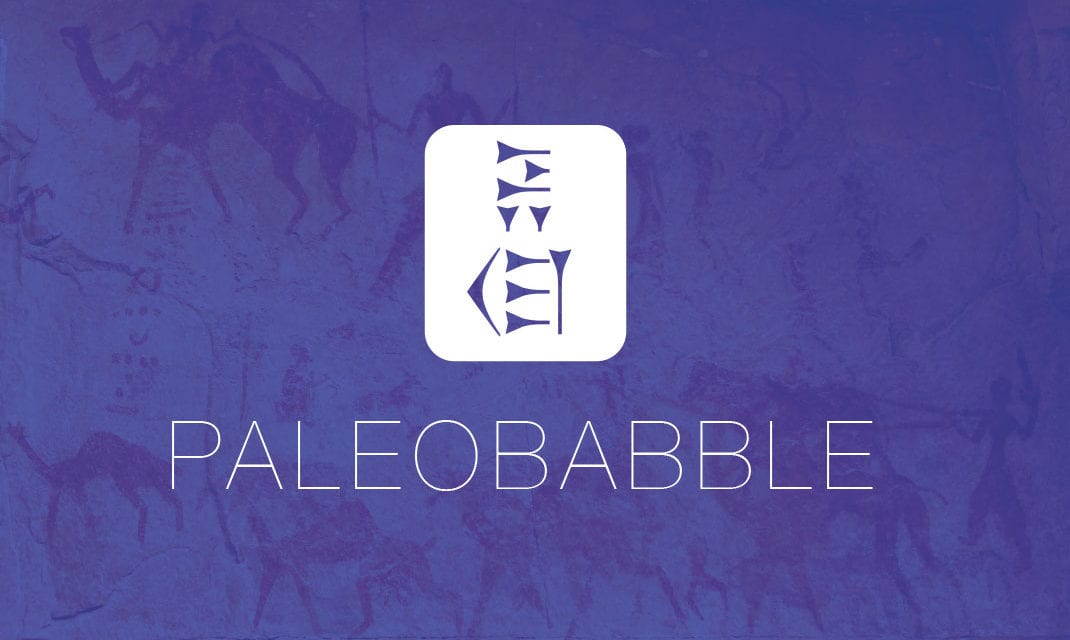What sifts the chaff of paleobabble from the wheat of coherent writing on the ancient world more readily than anything else? That would be peer review.
I’ve blogged before here about the importance of peer review. Tom Verenna (yes, he’s published under peer review) recently wrote a piece related to that very subject entitled, “On Scholars and Kooks: A Few Simple Guidelines for Journalists in Popular Media.” It’s well worth the time. Here’s a taste:
. . . [A] layperson who self-publishes a book on something isn’t an ‘expert’. They may be considered an enthusiast, an amateur, a hobbyist, a thrill-seeker. These are polite titles. More often than not, however, people who only self-publish do so because they do not want to have their ideas vetted by pesky things like editors, peers, or actual experts. . . .
. . . The purpose of peer review, of academic vetting, is to determine how well an argument or hypothesis can withstand criticism. If the author of this book does not bother to go through this process, even unofficially, by having his book examined by experts prior to publication, then s/he does not have any grounds to claim that it is anything spectacular. That isn’t to say that an uncredentialed person cannot produce a solid book on a subject. It may actually be ground-breaking, it may be earth-shattering, but if it hasn’t been vetted by other people with credentials then there is no means by which one can claim that it is.






